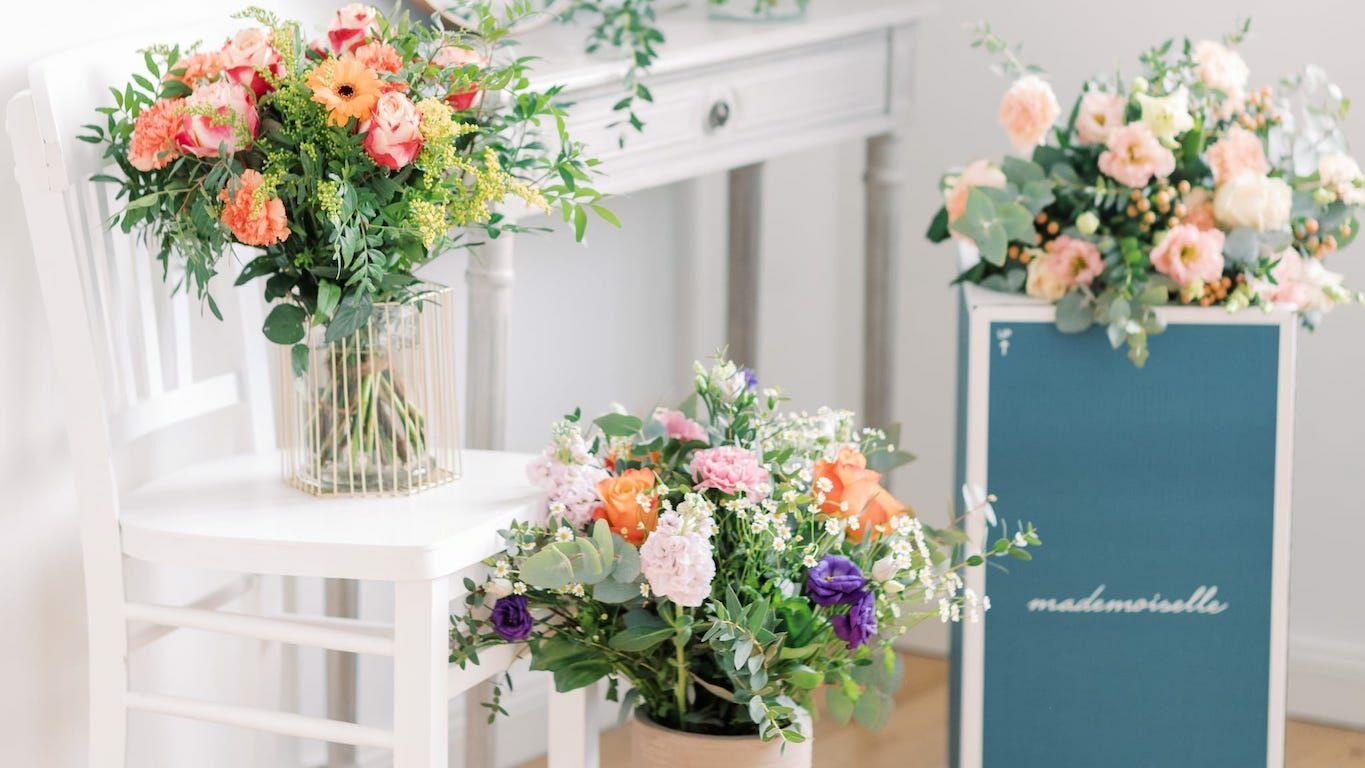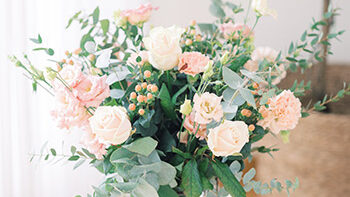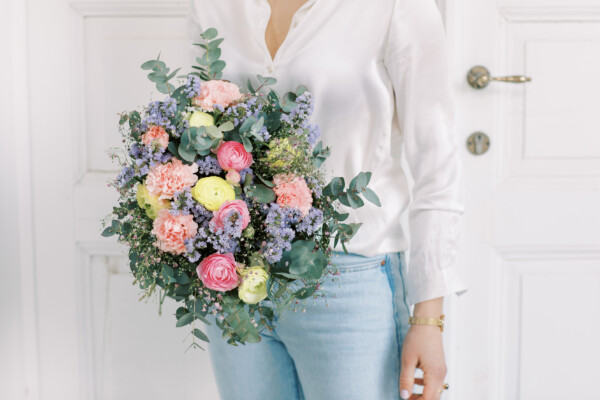The bewitching scent of flowers
Flowers aren't just for decoration or seduction. They are also used in perfumery for their sweet fragrances. Whether top, middle or base notes, flowers can offer a complex fragrance. What's more, every fragrance (whether it comes from a bottle of perfume or from a bouquet of fresh flowers) or in can convey a message and symbolize an emotion. To find out more, read on.
Flowers and their fragrances, a whole palette of scents
As important as flower varieties are, so varied are their fragrances. Likewise, each type of flower has its own distinctive scent, and can have a different fragrance. meaning. Depending on your preferences and tastes, you'll find something to suit you. To give you a better idea, here are a few examples of flowers, their fragrances and symbols:
- The rose This fragrance has a lemony, spicy note, with raspberry scents, as well as transparent, aquatic scents. These fragrances symbolize gentleness and tenderness;
- Jasmine This exotic, narcotic flower gives off a singular scent, somewhere between honeyed and candied nectar, exotic, poisonous and erotic. It is the perfume of lovers;
- Ylang-ylang Jasmine: this flower is characterized by an exuberant, extroverted nature, with fragrances in a variety of colors. Its scent is halfway between jasmine and tuberose. It symbolizes sensuality, lasciviousness and passion;
- Gardenia This fragrance is recognized by its highly fragrant white flowers. It contains a green rhubarb note, but tends more towards the neutral;
- The magnolia This fresh flower is distinguished by a floral note with a citrus facet. It has a lemony scent tinged with green notes. It conveys softness and tenderness.
Flowers in perfumery and perfume composition
As explained above, flowers are also distinguished by their fragrance. Logically, then, they are used in perfumery to make scents of all kinds. What's more, each flower is composed of top, middle or base notes, as well as multiple aromatic moleculeswith different odors. Therefore, in the process, the type of molecule and the proportion must be taken into account. Generally speaking, however, a perfume can be composed of the following elements:
- Essential oils They are obtained by steam distillation and offer alcoholic fragrances, with volatile molecules from the flower;
- Absolutes Soluble in alcohol and emulsions, they can be used to produce solid, oily perfumes;
- CO2They provide a scent that is often closer to that of the flower than that of the essential oil. They are dosed with fragrant active ingredients and produce oily fragrances.
Other elements can also be used to produce floral fragrances. It all depends on the manufacturer and the objectives.
How to prolong the fragrance of flowers?
It all starts with the growing flowersA special attention will be given to fragrant flower families. Then, once the bouquet of flowers is in your home, we all like to enjoy its fragrant essences for as long as possible. If you want to enjoy the fragrance of flowers for as long as possible, you need to store them well. The first rule is to keep it away from light, heat and air. And don't forget that unopened perfume can improve with age, just like wine. The most important thing is to store it in the best possible conditions.
To prolong the fragrance of the flowers, we suggest you keep it in its original packaging, stored in a dry cellar. If you leave it too long in the bathroom, for example, it will fade very quickly. In short, here are a few useful tips:
- Avoid exposing perfume to contact with the direct light;
- Do not place the fragrance near a radiator or heater. heat source;
- Maintain a stable temperature around the fragrance and avoid places too damp;
- Don't shake the perfume, but handle with care.
Read also:
The usefulness of flowers
The pleasure of giving flowers
Buy flowers online
Send flowers
Flowers in companies (B2B)
The profession of florist




